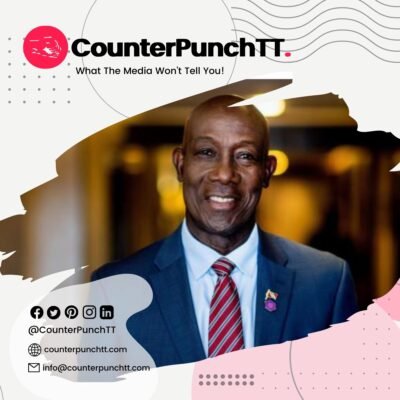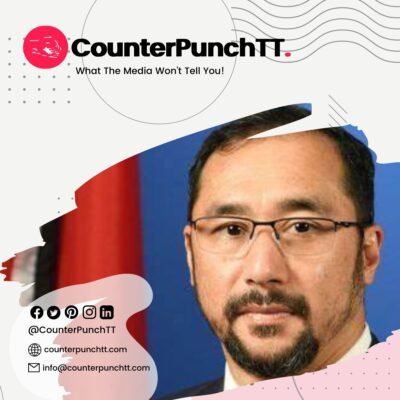FINANCE Minister Colm Imbert made no mention of the crippling foreign exchange shortage in his Budget address, even as importers are paying up to 30 per cent more on the black market.
The bootleg sale of foreign exchange is a crucial factor in the higher cost of imported consumer items.
The government has not dealt with the shortage and allegations of a lack of equity in the disbursement of the limited supply.
The recent “kiss my a****” clash between Prime Minister Dr. Keith Rowley and political activist Inshan Ishmael centred on claims of disproportionate allocation of forex.
The business community has pleaded with the government to set up an appropriate transparent allocation policy.
There have long been allegations that commercial banks are favouring certain clients over others.
The Rowley-Ishmael row led to calls from Express newspaper for banks to respond to claims of favouritism and preferential treatment.
But the banks did not do so.
The newspaper editorialised that “accountability and transparency is a pillar on which the free enterprise and democracy are constructed.”
In the late 1980s, the then-NAR administration introduced a policy of approval, which was meant to prioritise important consumer items and place less emphasis on luxuries.
Without a government policy during the current forex crisis, banks would continue to allocate at their own discretion, without revealing criteria or open to review.
That is likely to lead to more allegations of partiality and bias – and on-going thriving contraband sale of foreign exchange.
Consumers would continue to pay the price with higher retail charges.




